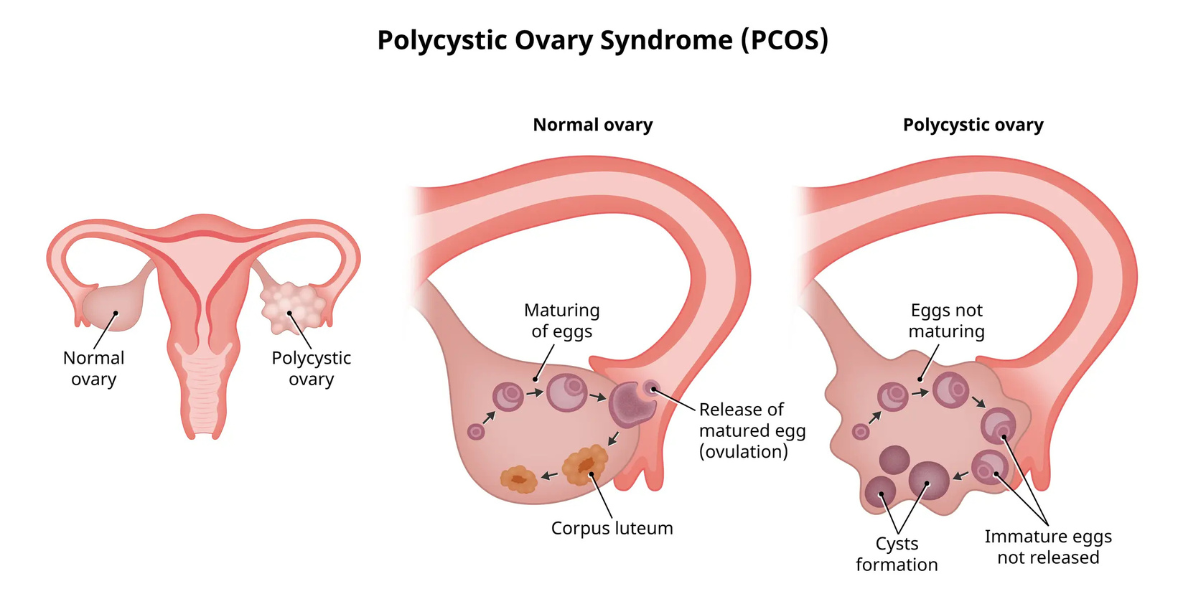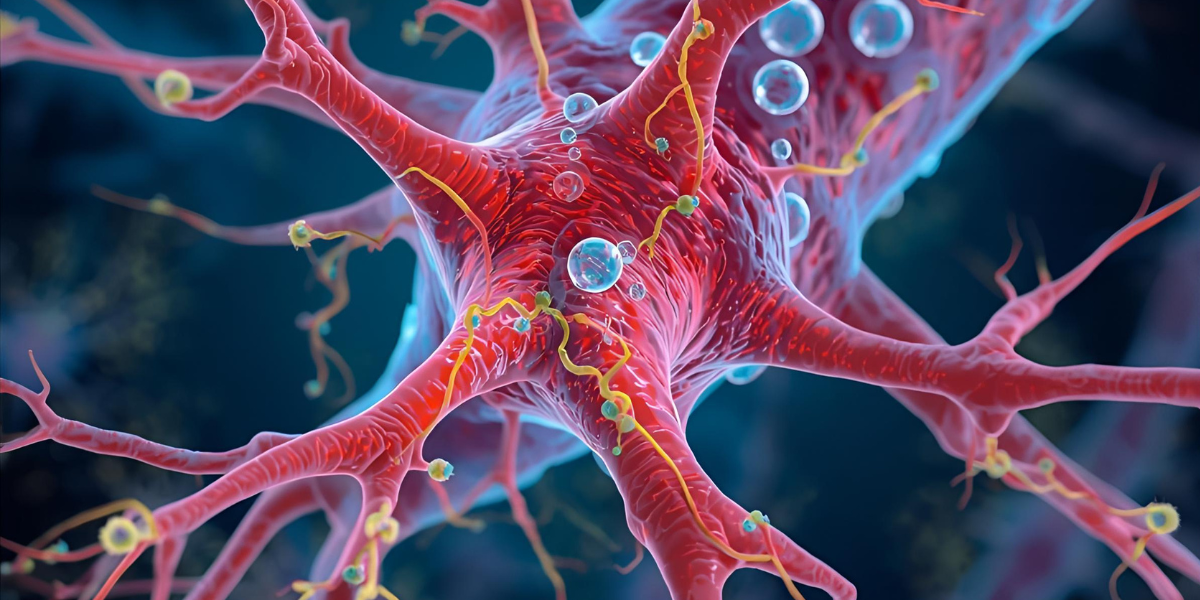
Is Radiotherapy Safe?
Radiotherapy, also known as radiation therapy, is a common and effective treatment for many types of cancer. It uses high-energy rays or particles to destroy cancer cells or stop them from growing. While radiotherapy plays a crucial role in cancer care, one question that often arises among patients and their families is whether it’s safe. The short answer is yes, radiotherapy is generally considered safe when administered under medical supervision, but it’s important to understand how it works and what the potential side effects can be.
How Radiotherapy Works
Radiotherapy targets rapidly dividing cells, which includes cancer cells. The radiation damages the DNA inside these cells, making it impossible for them to continue multiplying. Over time, the cancer cells die off, and the body naturally clears them out. Because healthy cells can also be affected by radiation, treatments are carefully planned and targeted to minimize damage to surrounding tissues. Modern radiotherapy techniques are highly precise and tailored to each individual’s condition, helping reduce risks and improve outcomes.
Safety Measures in Radiotherapy
Before beginning radiotherapy, patients undergo detailed planning sessions, including imaging scans, to map out exactly where the radiation should be delivered. This ensures that the treatment focuses on the tumor while sparing as much healthy tissue as possible. Radiation oncologists and medical physicists work closely together to calculate the safest and most effective dose, adjusting the plan if necessary during the course of treatment.
The equipment used in radiotherapy is also subject to strict regulations and regular maintenance to ensure it operates accurately. Treatment rooms are designed with shielding to protect both the patient and medical staff. These safety protocols make the delivery of radiotherapy controlled, consistent, and predictable.
Common Side Effects and Long-Term Considerations
Like any medical treatment, radiotherapy does come with potential side effects. These depend on the part of the body being treated, the type of radiation used, and the overall health of the patient. Some common short-term effects may include fatigue, skin irritation, and localized discomfort. In most cases, these side effects are temporary and can be managed with supportive care.
Long-term effects are less common but can occur, especially with high-dose or extended treatments. These may include changes in the skin, scarring of tissues, or in rare cases, effects on organs near the treatment site. However, the benefits of controlling or eliminating cancer often far outweigh the risks. In addition, continuous advancements in technology and technique have significantly reduced the likelihood of serious complications.
Who Should Avoid Radiotherapy?
While radiotherapy is safe for most patients, it may not be suitable for everyone. People with certain genetic conditions or underlying health problems may be at higher risk of side effects. Pregnant individuals are usually advised against radiation therapy unless absolutely necessary, as it can affect fetal development. These decisions are always made on a case-by-case basis, taking into account the benefits and potential risks for the patient.
Conclusion
Radiotherapy is a powerful and generally safe tool in the fight against cancer. While it may cause side effects, these are usually manageable and temporary. With careful planning and advanced techniques, the safety of radiotherapy continues to improve. As always, it’s essential to have open discussions with your doctor to understand your treatment plan, ask questions, and make informed decisions about your care.






